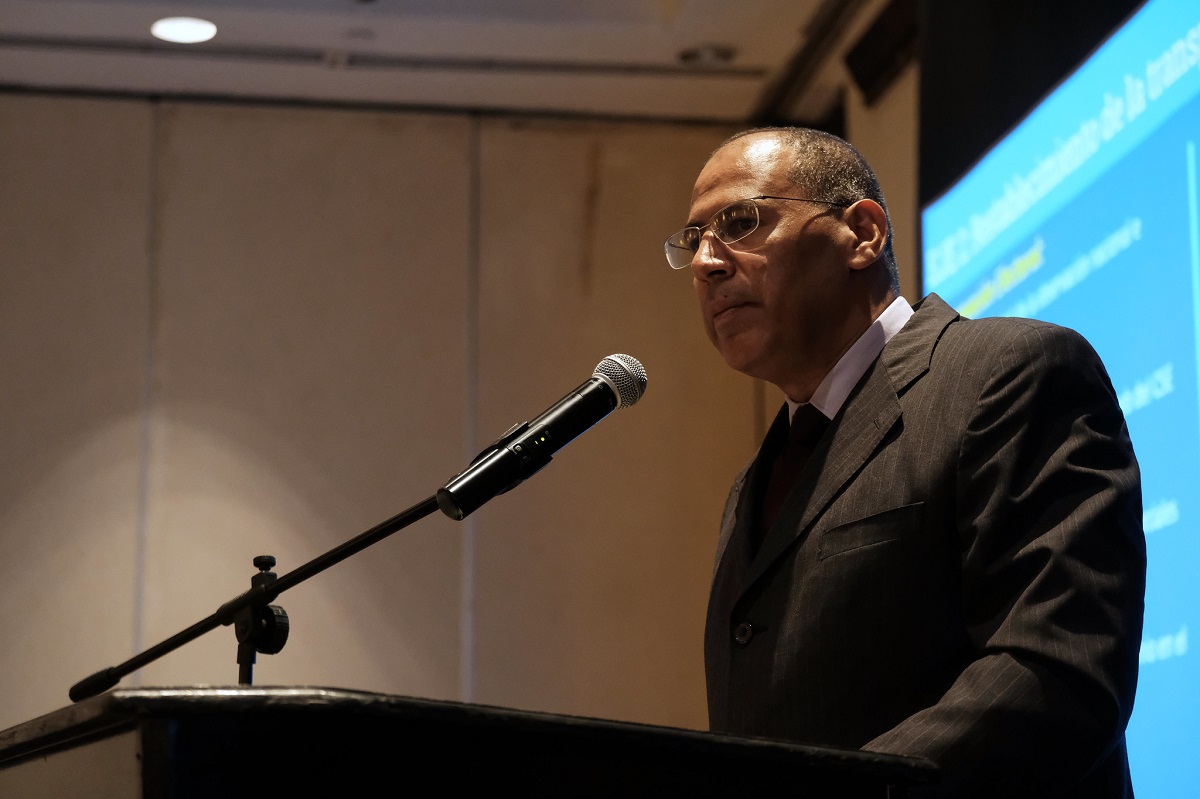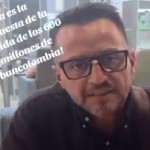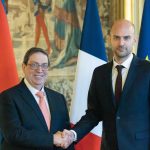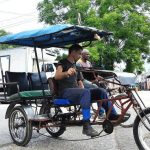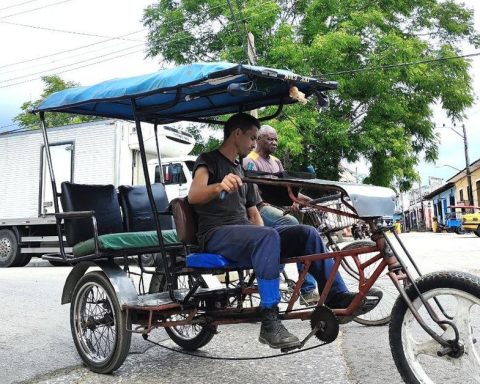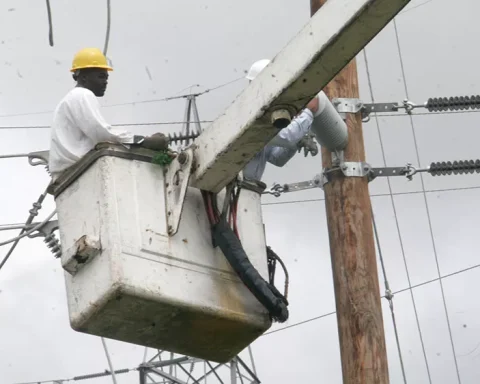Political scientist José Antonio Peraza spent more than 500 days arbitrarily detained in the cells of El Chipote, along with other civic and political leaders in the country. This forced coexistence produced results: “We learned to respect each other, to know that there are other very important ideas.”
“I think there are people who entered El Chipote and came out different. Most changed their perception regarding the other people who were there. It was a coexistence of a lot of respect, affection, a lot of admiration, and a lot of solidarity,” Peraza said in an interview with This week and CONFIDENTIAL.
Peraza, sentenced to ten years in prison for the alleged crime of “conspiring to undermine national integrity,” was released and exiled to the United States on February 9 along with 221 other prisoners of conscience of the regime.
“I think that if something was understood in prison, talking to each other, it is the deep historical mistakes that we have made in the last 200 years, and that they are not the product of people who have come from outside, they are in our hearts and that is where they must begin to change”, stressed the political scientist.
He stressed that, in order to achieve a united opposition, the leaders must understand that civic resistance “is not an ideological matter” and that a common agenda must be created to “confront Ortega.”
“The common objective —he explained— is to get together and make a proposal that is an alternative to Ortega’s project, which is not difficult, because Ortega does not have a greater proposal.”
How have the last weeks in freedom been?
I haven’t rested for a single moment, because I don’t feel like resting. I’m sleeping about five hours pretty well, but other than that, I spend the rest communicating with people, my children, and reflecting on what has happened, and it has been fruitful. This month I have accomplished many things, but everyone has recommended that I take a break. I am in the process of reflecting on everything that has happened.
What were your conditions in El Chipote? How did you cope with the isolation?
It was a small cell, with a cement table for sleeping, there was artificial light, but it was a totally dark place. What I did was have a routine from the first day, in the sense of getting up to meditate, I exercised. Afternoon was the furthest, most tedious time, and then I was getting ready for dinner. There were moments of certain relaxation, we had people like Alex Hernández, who is a great actor and would tell us stories, which were actually movies or books that he had read, and so we looked for ways to find situations that made our lives happy. We talked about what we were going to do with Nicaragua, with our lives.
The last time you were in This week it was a day before his capture. Were you arrested for exercising your right to freedom of expression?
They never told me why they arrested me, they just arrived, took me, put me on, and during the trip they kept asking me if I was upset, and I told them: “I have nothing to fear, because I have not done anything wrong and the detention that they are doing”.
What was it like to live with the other leaders also imprisoned in El Chipote?
In general it was very good, we learned to respect each other, to know that there are other very important ideas. I think there are people who entered El Chipote and came out differently. Most changed their perception regarding the other people who were there. It was a coexistence of a lot of respect, affection, a lot of admiration, and a lot of solidarity.
You were sentenced to ten years in prison for allegedly “conspiring”. During the mock trial, did they present you with any evidence? Who were the witnesses?
The witnesses were the policemen themselves and the testimonies were the interviews that Carlos Fernando (Chamorro, director of This week and CONFIDENTIAL), and one that (the journalist) Sergio Marín Cornavaca had done to me, where he asked me if the United States could impose sanctions, and I told him that “yes, it could, but we didn’t know if the United States was going to make that decision.” Basically, these were the great proofs of “betrayal of the State” and “undermining the integrity of the State of Nicaragua.”
I told the judge to give me the maximum sentence, for two reasons: because what they were doing was illegal and unfair, and because I was sure that I would never serve that sentence.
How did you receive the news that the regime had stripped you of your nationality?
Another nonsense. I think they were wrong again. With that they are opening the way for them to be tried for crimes against humanity. They are clearly not assessing what is happening in the world. It is a regime in deep decline, and it is a matter of time to get out of them. Now the problem is how we are going to get out of them, because we cannot continue with the experiences of the past. The idea is that Nicaragua has to look for a different solution, not because Ortega deserves it, but because we deserve it.
In the interview he gave to This week and CONFIDENCIAL, you mentioned the need for a national confluence to confront the dictatorship. What do you consider to be the main challenge for the Nicaraguan opposition to achieve that unity?
The main challenge is simple, and it has been the same problem as always: deposit interest. This is not an ideological problem. The common objective is to get together and make a proposal that is an alternative to Ortega’s project, which is not difficult, because Ortega does not have a greater proposal.
Tell the people of Nicaragua the fundamental points and with that we agree, in order to have a firm and cohesive opposition. From a discursive point of view it is very simple, but from a practical point of view it has always been difficult for Nicaraguans.
We need leaders who are aware of Nicaragua’s terrible political history. I think that if something was understood in prison, talking to each other, it is the deep historical mistakes that we have made in the last 200 years, and that they are not the product of people who have come from outside, they are in our hearts and that is where they should start to change
